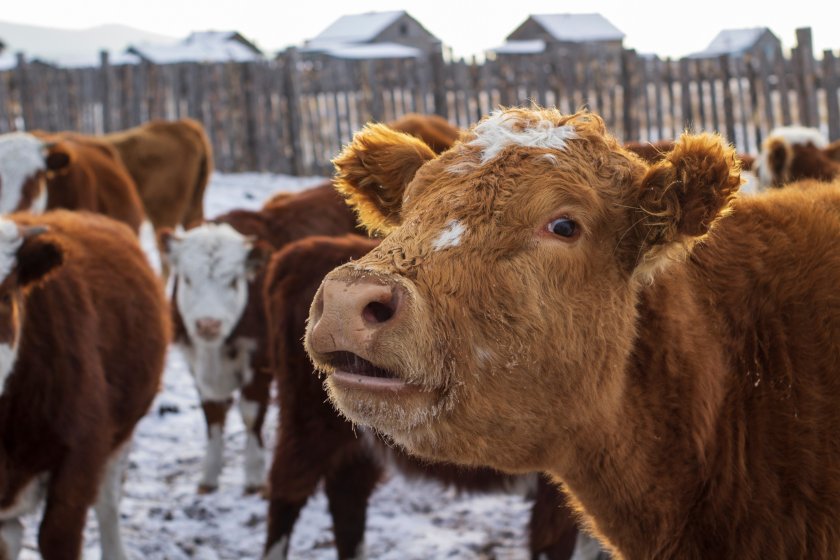
An animal health expert has said that the 'surveillance is working' following the confirmation of four further cases of bluetongue in cattle in Kent.
The new cases of bluetongue serotype 3 (BTV-3) were identified in cattle on two additional farms over the weekend, as surveillance within the 10km temporary control zone (TCZ) continues.
The cattle, which showed no clinical signs, were on farms within the 10km TCZ that surrounds the first case found near Canterbury on 11 November.
Before this, the last outbreak of bluetongue in the UK was in 2007, meaning it had been officially free of the virus since 2011.
“It’s clear the surveillance is working,” said Dr Joseph Henry, who is chair of the Ruminant Health & Welfare (RH&W) bluetongue working group.
“All of these additional confirmed cases are from cattle with no clinical signs... they have all been culled to reduce any risk of onward transmission."
He added: “So far, there is no evidence of circulating virus in the UK midge population and with the overall temperature dropping, the risk of midge disease transmission is reducing."
The virus is transmitted by midge bites and affects cows, goats, sheep and other camelids such as llamas.
The midges are most active between April and November and not all susceptible animals show immediate, or any, signs of contracting the virus.
Dr Henry said: “The TCZ remains in place with on-going surveillance on all livestock, so please ensure your animals are registered – it’s never too late to register your stock officially.
“There is also on-going surveillance in areas outside the TCZ, as part of the routine bluetongue monitoring strategy. This was how the original case was detected."
Legislation remains in place around any movement of animals into and out of the control zone.
Farmers have been told to be aware when buying animals in, take action to report any signs, and to remain vigilant.
Farmers can access and call the dedicated bluetongue hotline to get advice or ask questions linked to the current situation – on 024 7771 0386.
In the UK, bluetongue, including BTV-3, is a notifiable disease, meaning that anyone suspecting the disease must report it to the Animal and Plant Health Agency (APHA).
Bluetongue does not affect people or food safety.
